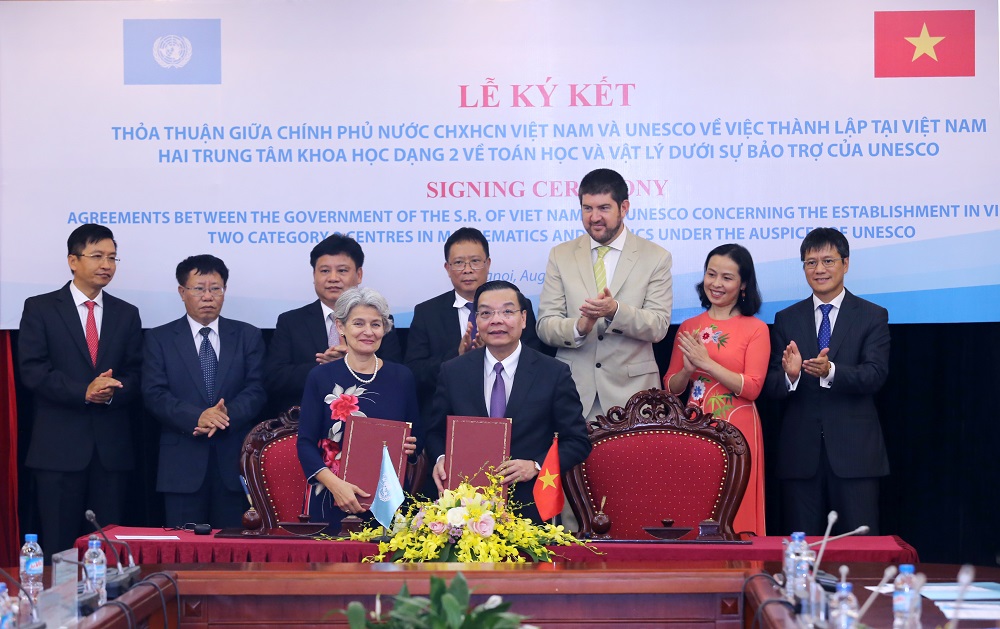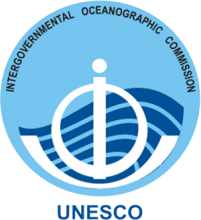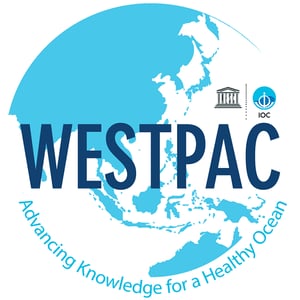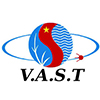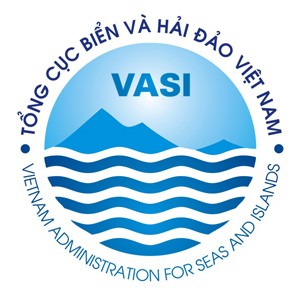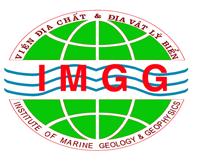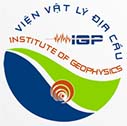On 24 August 2017, UNESCO Director-General Irina Bokova and Viet Nam’s Minister for Science and Technology, Mr Chu Ngoc Anh, signed agreements to establish the country’s first two Centres under the auspices of UNESCO, harnessing the power of science for sustainable development.
The International Centre of Research and Postgraduate Training in Mathematics, and the International Centre of Physics will strengthen science, technology and innovation in Viet Nam and across the ASEAN region, encouraging knowledge sharing, capacity building as well as collaboration with Africa. Established as Category Two Centres, they join a wide international UNESCO network.
Praising Viet Nam for its National Action Plan to Implement the 2030 Agenda for Sustainable Development, Irina Bokova affirmed that science, technology and innovation stand at its core “because it is vital for the creation of knowledge, the sustainability of oceans, water management, inclusive economic growth. For this we need the right ecosystem, to bridge knowledge divides inside countries and across the world.”
She recalled that Professor Ngo Bao Chau, the first Vietnamese born to receive the Fields Medal, wrote to her in 2015 expressing support for these two new centres, which will play a pivotal role in strengthening research and innovation capacities in the ASEAN region and for African researchers.
“Vietnam has made the clear choice to invest massively in education, in scientific cooperation and research, to participate fully in the rise of new knowledge economies and societies – and these goals are embodied in our Memorandum of Understanding 2016-2020,” said Ms Bokova.
Minister Chu Ngoc Anh, expressed confidence that “the Centres will contribute to the development of basic science in the region and beyond and enable Vietnamese scientists to work in closer collaboration with scientists around the world.”
In an exchange with the Director-General, the Minister underscored that the promotion of science and technology is a central feature of Vietnam’s 2035 Action Plan, stressing that basic and applied science are vital to progress in such areas as agriculture and health as well as to tackle climate change and rising sea levels. To promote innovation, research and development, he said that the stronger links had to be forged between government, institutes, universities and business. Trial projects are also underway to promote young scientific talent, by twinning with the Vietnamese diaspora.
The two Centres, which also have the potential to act as hubs for sharing expertise, will be hosted by the Viet Nam Academy of Science and Technology, a government agency established in 1975, and nurtured by the national and regional community of researchers in physics and mathematics.
Source: http://www.unesco.org


